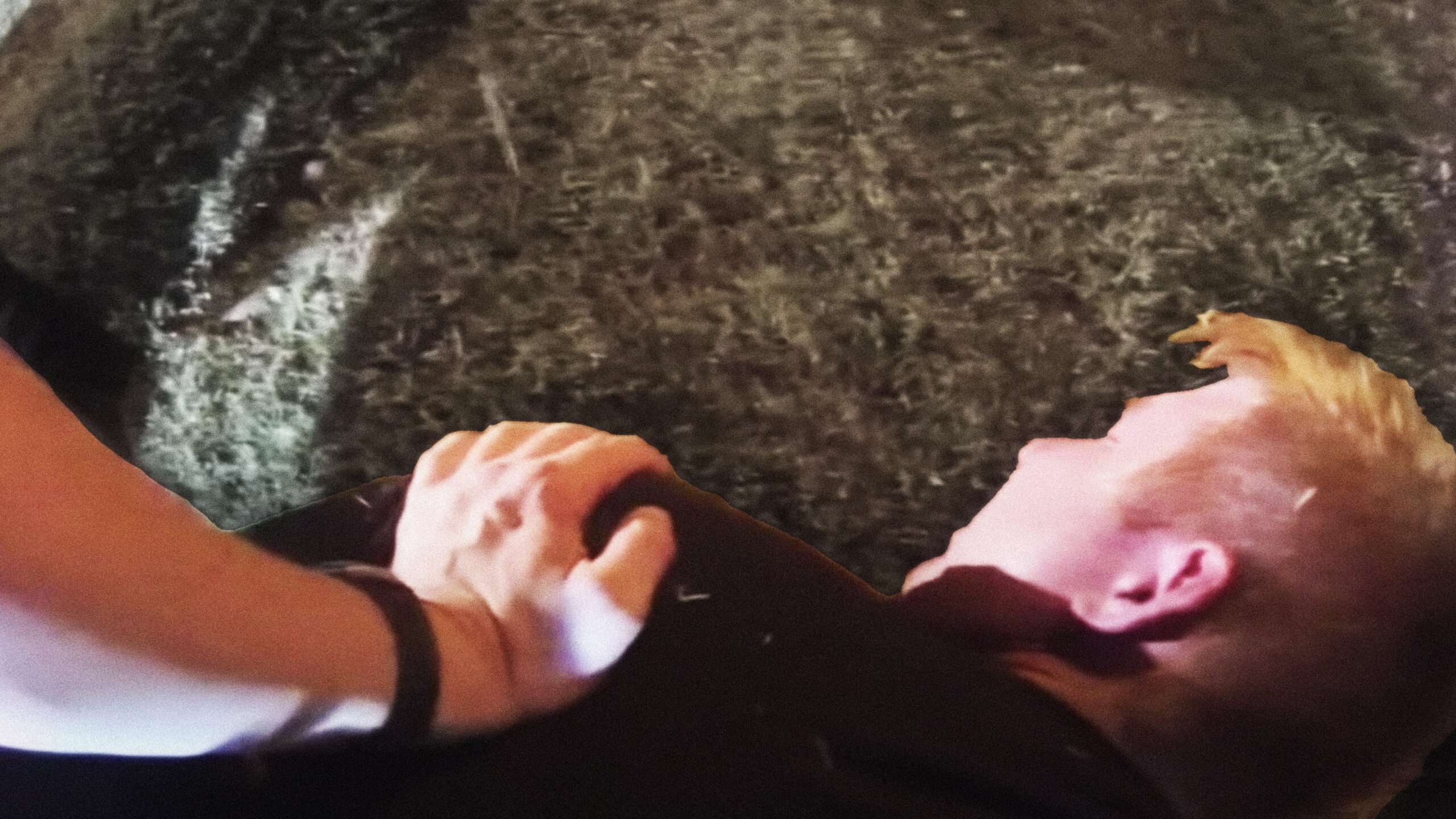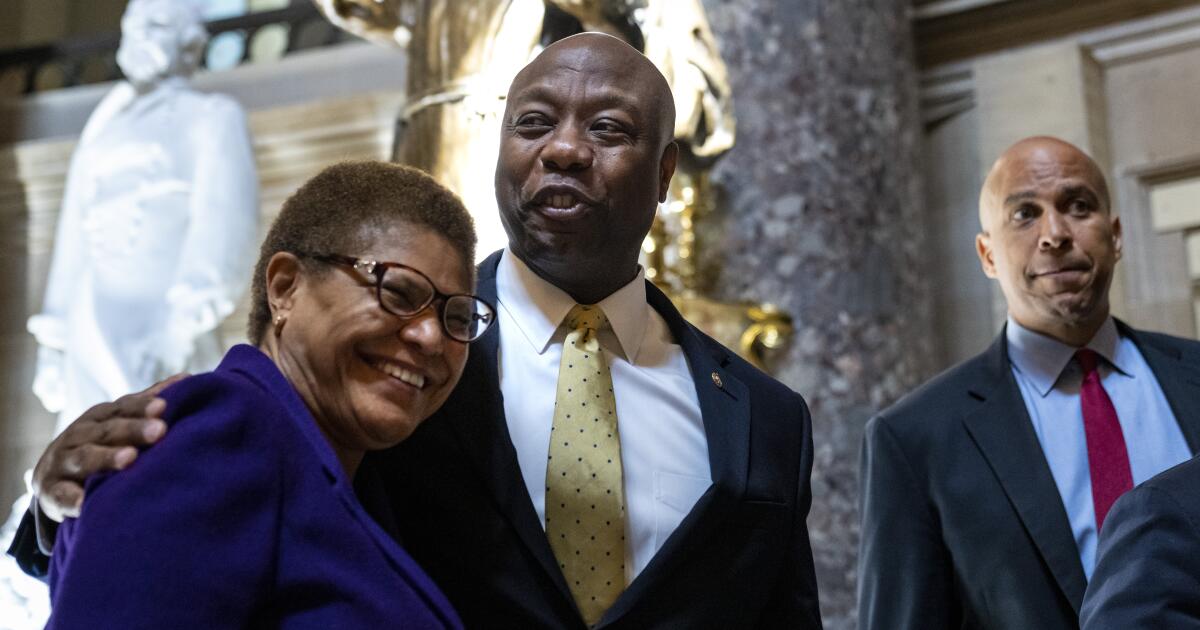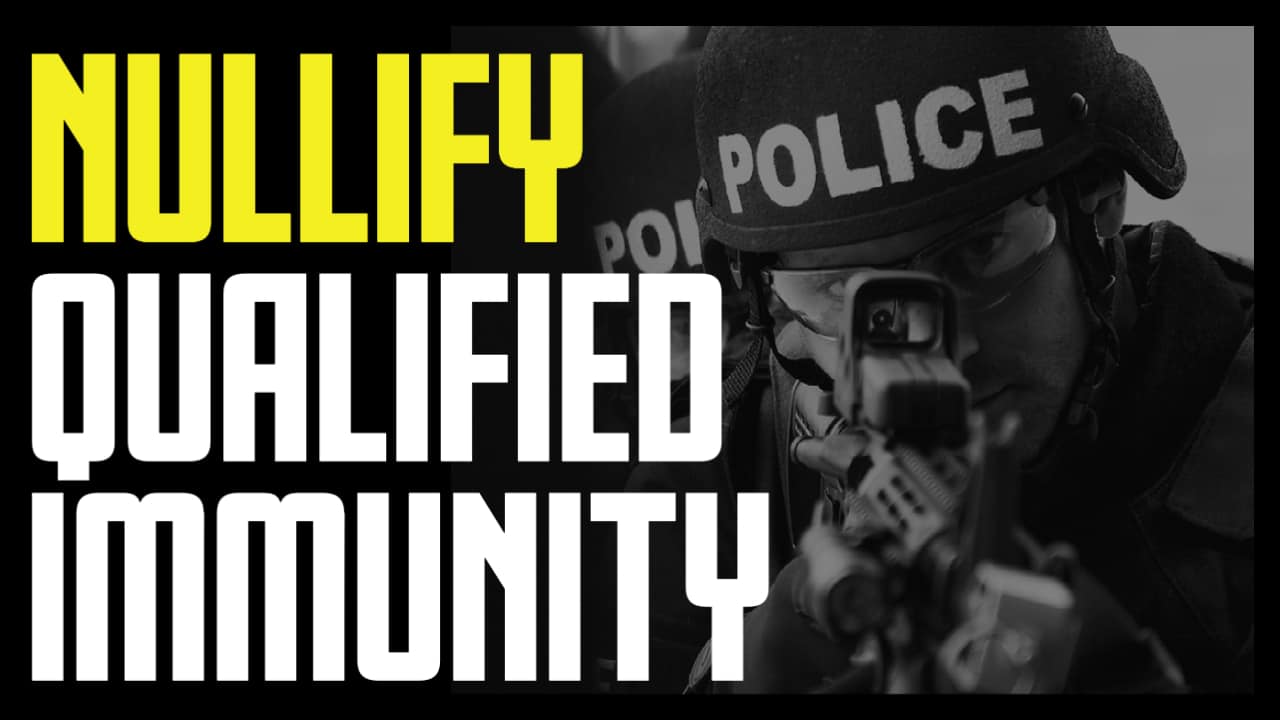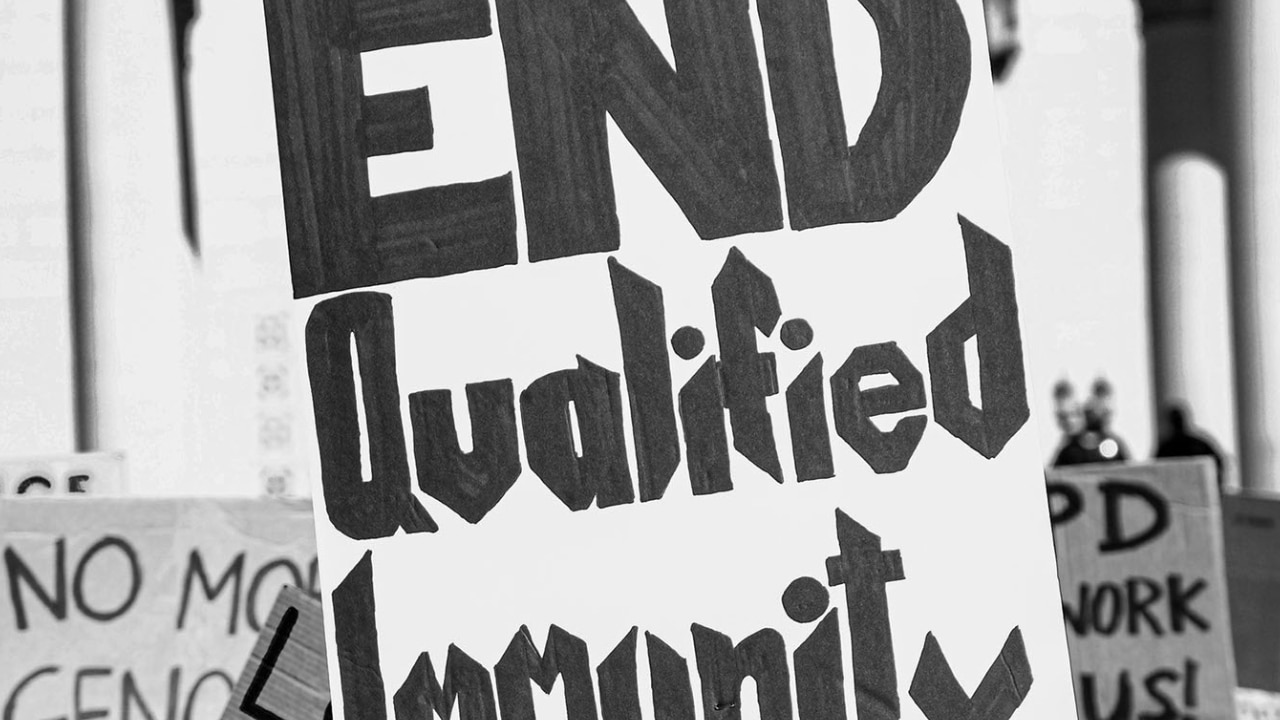- Messages
- 24,545
- Reaction score
- 4,499
- Points
- 288
SAN FRANCISCO—An Oakland activist has dealt a blow to the near-total immunity the United States government and federal officials enjoy from lawsuits seeking accountability for their unlawful conduct. Activist and entrepreneur René Quiñonez will get his day in court, after a federal district judge partially rejected the government’s effort to dismiss his challenge to the Postal Service’s baseless seizure and search of hundreds of packages during the summer 2020 protests against police violence. René and the Institute for Justice (IJ) first filed this lawsuit in June 2022.
“We don’t surrender our right to privacy by using the postal service. All government officials must respect the Fourth Amendment, and the courts must hold them and their employers accountable when they overreach,” said IJ Attorney Jaba Tsitsuashvili. “Protection against the seizure and search of Mr. Quiñonez’s quintessentially political messages is exactly why we have these constitutional safeguards.”

 ij.org
ij.org
“We don’t surrender our right to privacy by using the postal service. All government officials must respect the Fourth Amendment, and the courts must hold them and their employers accountable when they overreach,” said IJ Attorney Jaba Tsitsuashvili. “Protection against the seizure and search of Mr. Quiñonez’s quintessentially political messages is exactly why we have these constitutional safeguards.”

Oakland Activist Secures First-Round Victory in Challenge to Unlawful Seizure and Search of His Mail - Institute for Justice
SAN FRANCISCO—An Oakland activist has dealt a blow to the near-total immunity the United States government and federal officials enjoy from lawsuits seeking accountability for […]


















